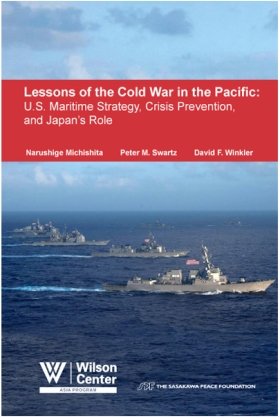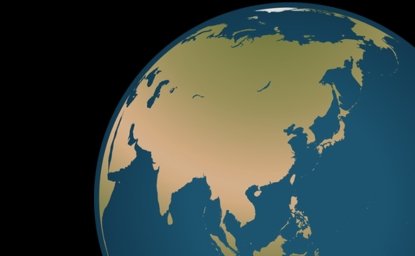Lessons of the Cold War in the Pacific: U.S. Maritime Strategy, Crisis Prevention, and Japan's Role


Learning lessons from the Cold War experience will be critical to find a better way to maintain peace and security in the Asia-Pacific region while shaping a cooperative and mutually beneficial relationship among the United States, Japan, and China.
The Woodrow Wilson Center’s Asia Program invited three experts–Narushige Michishita, Peter M. Swartz, and David F. Winkler–to discuss successes and challenges of the Cold War in the Pacific, and their current implications on two separate occasions: a closed presentation and discussion session on March 2, 2016 and a public forum on March 7, 2016 in Washington. This report is the result of the presentation, discussions, and questions and answers which took place in these sessions.
Lessons of the Cold War in the Pacific: U.S. Maritime Strategy, Crisis Prevention, and Japan's Role by The Wilson Center on Scribd
Authors

Executive Vice President, National Graduate Institute for Policy Studies (GRIPS)



Indo-Pacific Program
The Indo-Pacific Program promotes policy debate and intellectual discussions on US interests in the Asia-Pacific as well as political, economic, security, and social issues relating to the world’s most populous and economically dynamic region. Read more




